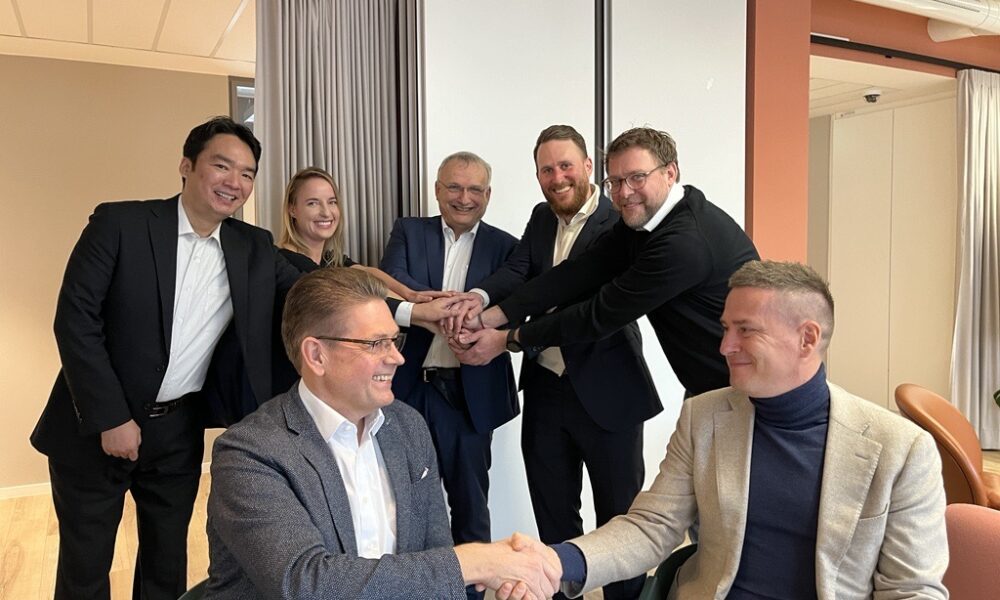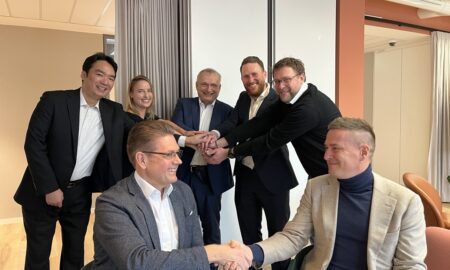A perfect storm of factors renders the future of traditional logistics models uncertain. Between swelling consumer activism, tightening emission mandates and advancing technologies, merely tweaking current supply chain practices cannot ensure resilience. Instead, innovating sustainability into the heart of logistics infrastructure and culture is key to navigating gathering storms.
The Winds of Change
Since the pandemic ruptured global supply chains, the urgency around transforming logistics has accelerated markedly. But well before COVID, this once overlooked sector was confronting the limits of its conventional wisdom.
For decades, the relentless pursuit of cost efficiencies and speed fueled extensive waste, redundancy and ecological harm from excessive carbon loads. Studies indicate logistics-related emissions may swell by 60% under business-as-usual growth projections by 2050. With transport responsible for nearly a quarter of all carbon emissions worldwide, pressure on governments and companies to curb freight footprints is intensifying. Consumer activism is on the rise – a 2023 survey found 83% of shoppers now factor sustainability into purchase decisions.
Simultaneously, new competitive forces are reshaping logistics realities on the ground. The surge in e-commerce along with fast-changing consumer expectations tests conventional supply chain capacities and capabilities. Global e-commerce sales grew over 17% in 2021 alone. Logistics players must rapidly adapt to emerging channels, data streams and sustainability demands from investors and clients.
Legacy models centered on control and scale risk growing obsolete within fluctuating markets, policy regimes and climate consequences. Only players cultivating responsiveness and resilience can successfully ride the accelerating pace of change.
Cultivating Core Advantages
“Necessity is the mother of innovation” as the old adage goes. The gathering winds of change are inspiring a wave of innovation within logistics, often led by agile startups unencumbered by legacy thinking. PartRunner exemplifies this new breed, futureproofing global supply chains starting from within.
The company’s co-founder & Chief Product & Technology Officer Tarun Aleti is combining deep expertise in construction engineering, predictive analytics and enterprise technology. This multi-disciplinary skill set informs PartRunner’s differentiated approach centered on transforming logistics through data science capabilities. Their proprietary algorithms enable real-time alignment of logistics demand and capacity by tapping into vast delivery networks.
But the true competitive advantage lies in forecasting upcoming demand weeks and months in advance with over 85% accuracy. Such prescience minimizes overstock and waste while allowing smart pre-scheduling, sequencing and optimization across transport modes, warehouse capacities and delivery routes.
PartRunner’s marketplace sharpen further as volumes scale. By institutionalizing data intelligence within infrastructure, the company can continuously refine operations and strategy to stay ahead of external uncertainties. This seeds pervasive agility while driving productivity gains that lower emissions and costs in tandem.
Mainstreaming Innovation
The basis of PartRunner’s solutions contrasts the conventional logistics focus on control, scale and fixed capacities. Their approach democratizes access by decentralizing and aggregating fractured capacity across a partner ecosystem. Enterprises big and small can tap into flexible shared capacity catered to actual business needs rather than making sizeable upfront investments.
The system affords resilience by seamlessly scaling capacity to address e-commerce demand spikes without overbuilding infrastructure. Such optimization and flexibility will underpin the logistics networks of the future as business conditions rapidly evolve.
PartRunner intends to guide this transformation by making predictive optimization, planning on supply. Already pioneering companies across transport, warehousing, distribution and shipping leverage PartRunner’s smart logistics platform to futureproof their supply chains.
The solutions produce sustainability wins parallel to efficiency gains in a mutually reinforcing cycle, underscoring how ecological stewardship aligns with business interests. Indeed, McKinsey estimates sustainable supply chains can shrink logistics emissions by 30% while cutting costs by 20% through enhanced productivity.
By aggregating such micro-savings at scale, PartRunner aims to drive an absolute reduction in freight emissions as redundancies are eliminated across supply networks in long run. Companies also gain leverage in compliance and reporting mechanisms thanks to the granular emissions transparency generated.
Final Milestone
With climate consequences intensifying annually, pressure on governments and corporations to curb transport footprints will likely keep mounting. PartRunner represents the kind of innovative and collaborative company primed to equip logistics players to ride the sustainability wave rather than be swept away.
Their emphasis on data science and optimization provides the necessary tools to balance ecological priorities with core business growth. PartRunner offers a template for sustainably transforming even the most legacy-laden industries given the right infusion of technological capabilities paired with ethical responsibility.
Because at its core, pioneering future-forward logistics is about sustaining human progress not just business success. PartRunner crystallizes how the two can sustainably intersect at scale by seeding innovation into the heart of mission-critical mobility infrastructure worldwide.
After all, revolutionizing how the world moves is ultimately about enabling wider social, environmental and economic possibilities for the future we want to live in.



















































